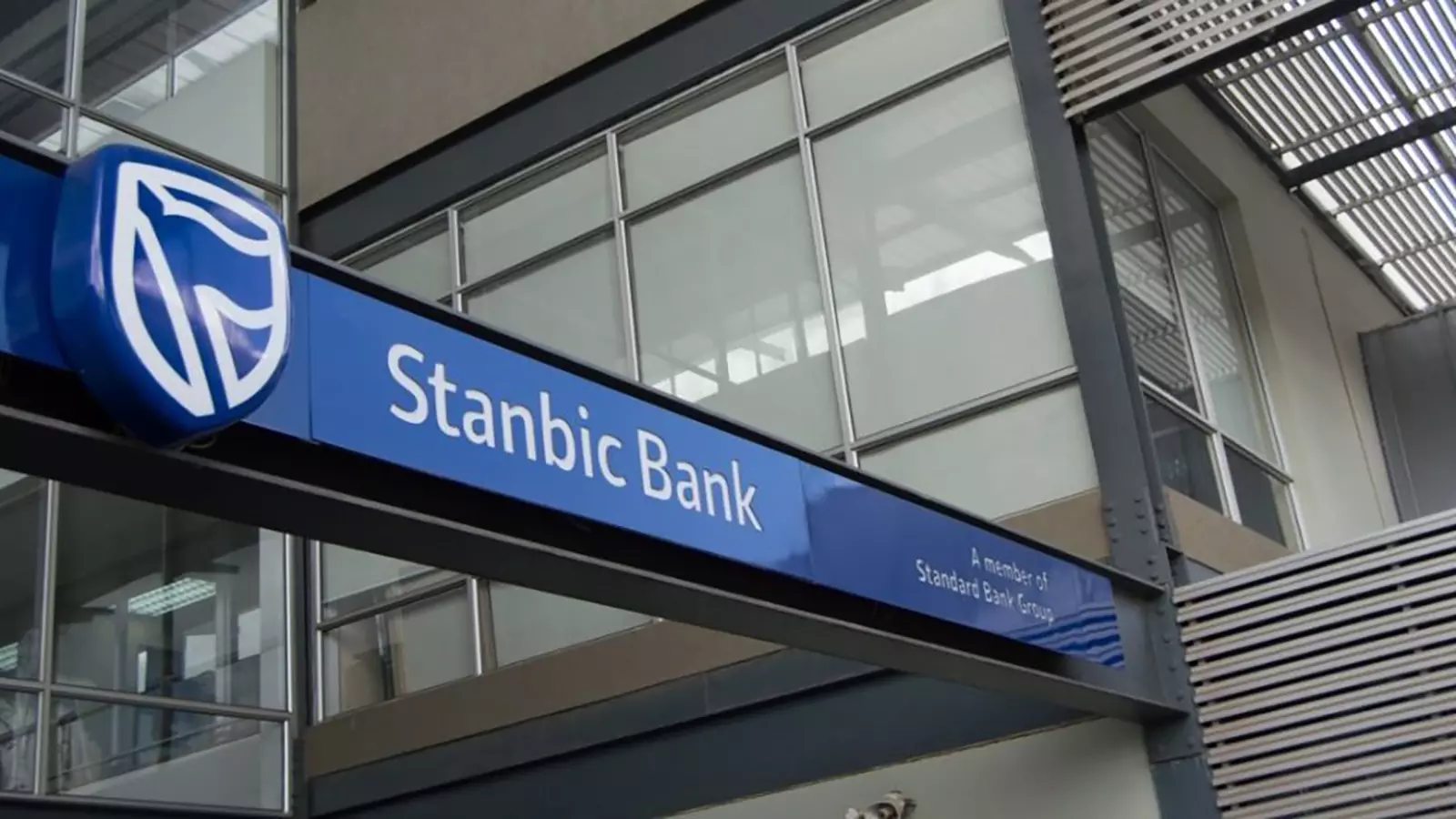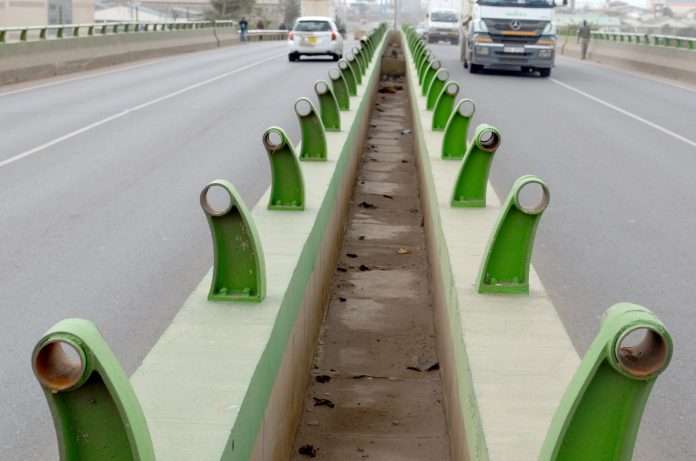By The Weekly Vision Team
It has also been noted that CFC Stanbic Bank did not present any evidence that pausing for a moment and deferring payment so as to make the inquiry would open it to a breach of duty. Indeed, as the stop order reached the bank five days before the check was presented, the bank had sufficient lead time to make an inquiry about the apparent countermand. For that reason, the bank defaulted on its duty of care by failing to make the inquiry, and we cannot find errors in the reasoning and holding of the learned trial judge.—Court of Appeal Judges, S.G. Kairu, F. Tuiyott, and J.W. Lesit.
Three Court of Appeal Judges, S.G. Kairu, F. Tuiyott, and J.W. Lesit, have dismissed an appeal filed by CFC Stanbic Bank against a ruling in a lower court in favour of the Kenya Programmes for Sustainable Development (KPSD) through a ruling delivered on 23/2/24. The case has been in court for close to 15 years.
Through a meeting of its Board of Trustees held on July 16, 2018, KPSD resolved to open an account with CFC Stanbic Kenya. The resolution was to the effect that instruments or indemnities were to be signed by any two or any one of the following authorized signatories: James Muhia Njuguna, Susan Kabogo, or Moulding Muigai James. Subsequently, on July 28, 2008, account number 0240083141101 was opened in the name of KPSD at the Harambee Avenue CFC Stanbic branch. In a document designated “signature cards,” the signing instructions read “three to sign,” and the three signatories each gave a sample of their signatures.
On February 28, 2009, check No. 000002 of the same date, drawn by KPSD and signed by all three signatories, was presented for payment. The check was for a sum of USD 32,000.00 in favour of Moulding Muigai James, one of the three signatories.
The proceedings from which this appeal arose were prompted by the payment of this check. KPSD asserts that the bank was negligent in paying the check in the face of its letter of February 18, 2009, received by the bank on February 23, 2009, in which it instructed the bank to stop payment of the check and upon which the bank had in fact debited its account, with USD 27.83 being the charges for acting on the instructions.
At the High Court trial, James M. Njuguna, the Chairman and Director of KPSD, explained the circumstances surrounding the drawing, presentation, and stoppage of the check. It was explained that KPSD ran many programs, one of which Moulding was responsible for.
In the course of time, a decision was made that the program be deferred to a later date. The controversial check had been issued and given to Moulding, who did not return it for cancellation.
On its part, the bank’s response was that it could not act on the purported instructions owing to two abnormalities: one, the letter was signed by one of the three approved signatories to the account, contrary to the signing instructions in the signature card, and two, the letter was dated February 18, 2009, ten clear days before the check was issued.
Whereas the bank was not obliged to act on instructions that were not in accordance with the mandate, the bank ought to have made inquiries from the customer. I so find it because it was not a normal thing for the chairman of the organization to sign a check and then also sign a letter to countermand the payment that he (together with the other 2 signatories) had sanctioned. 47. Contrary to the bank’s submissions, I find the conduct of the plaintiff’s chairman should have evoked suspicion in the mind of the bank.”
In the ruling, the judges noted that “the law is that there will be circumstances that arouse suspicion as to whether a payment should be made, and in those special circumstances, the bank has a duty to make inquiries from the customer as to whether to pay; in this regard, the bank bears the burden of proving that it will be at risk of breach of duty if it defers payment so as to make an inquiry.”.
It has also been noted that the bank did not present any evidence that pausing for a moment and deferring payment so as to make the inquiry would open it to a breach of duty. Indeed, as the stop order reached the bank five days before the check was presented, the bank had sufficient lead time to make an inquiry about the apparent countermand. For that reason, the bank defaulted on its duty of care by failing to make the inquiry, and we cannot find errors in the reasoning and holding of the learned trial judge.
The judgment reads, “We reach this result fortified that when the bank received the letter, it debited the customer’s account with commission charges for the countermand. This belies the intention of the bank to carry out the instruction. Why this was not followed through was not explained and can only be attributed to an oversight or negligence on the bank and its staff.”




